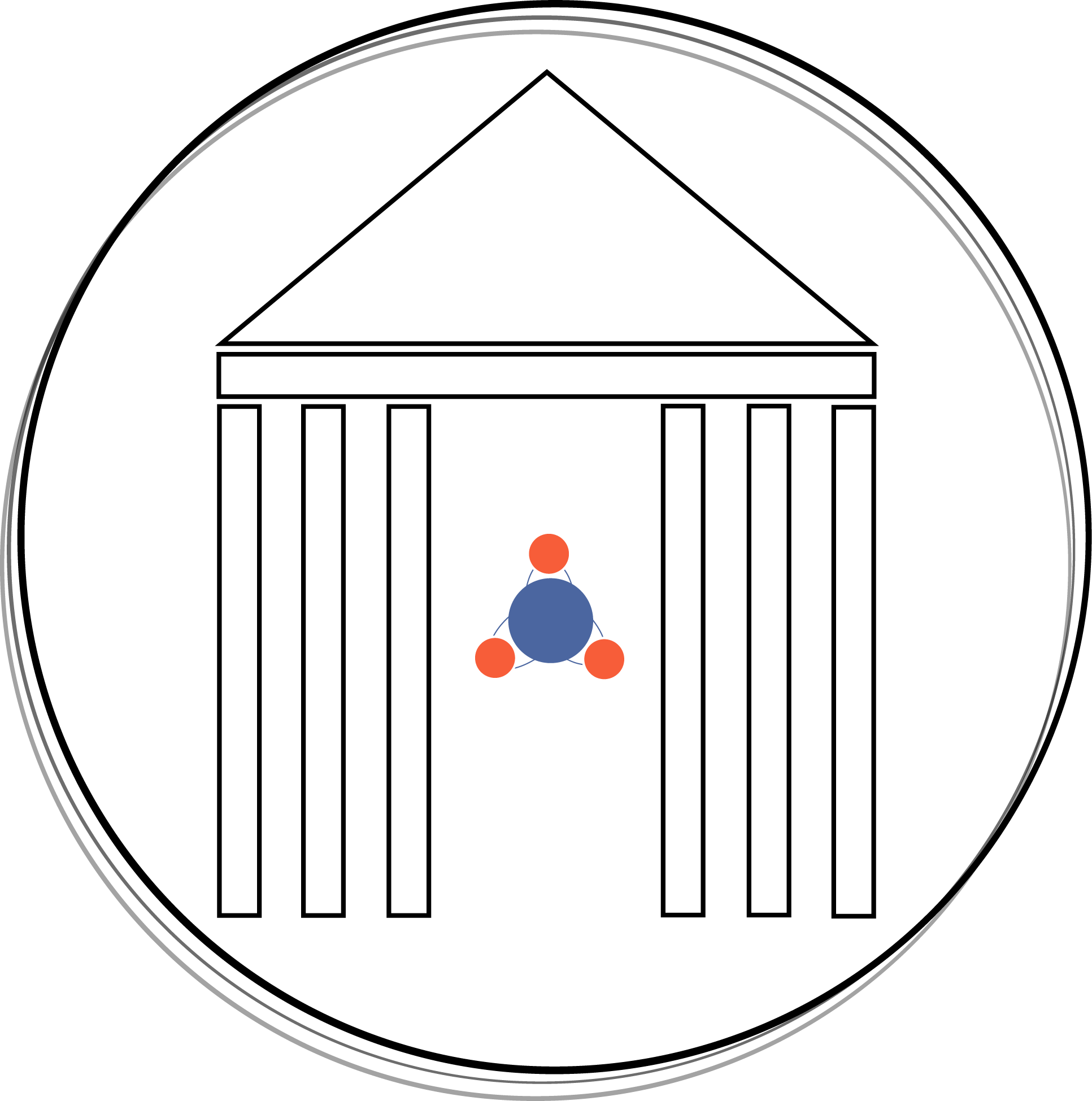About NCSI’s Programs
Our mission is to supply the Judicial Branch with judges with special training in science to meet expectations for increases of scientifically complex cases over the coming decade.
NCSI certified science and technology resource judges in turn serve and train home courts and mentor judges with novel evidence in complex cases.
All resource judges must demonstrate proficiency in scientific method.
Resource judges commit 60 contact hours in each science and technology concentration, including one national workshop, quarterly on-line workshops, and a culminating resource judge practice seminar.
Certificates of knowledge acquisition and application proficiency will be issued to judges completing each concentration listed below. The certificates will be presented to new resource judges at a jurisdiction-based event selected by each chief judicial officer.
Jurisdictions may select candidates for resource-judge certification or NCSI members may apply for training programs.
NCSI auditions science advisors and screens them for neutral, independent and world-class instruction. We avoid career expert witnesses.
While science and technology content is applied to case and case scenarios, no court or judge should expect model rulings or verdicts; NCSI prohibits adjudication prescriptions.
Working conversations are scheduled as pre-project planning incubators.
Tuition and costs are assumed by home courts or financed through grants.
The Institute is pleased to offer to the judiciary a certification in evidence Concentrations that will affect the future of adjudication in criminal and civil cases:
Developmental Neurobiology, Risk Measures and Issues. Exploration of valid and faulty brain sciences and technologies and foundations for evidence development.
Health-Care Outcomes Research as Evidence. Tools to assess the underlying methodology and findings of studies from population impact to mechanism of molecular action. We emphasize methods for determining the weight of the evidence.
Genetic Engineering and Biotechnology. Human, animal and plant gene editing and synthetic genome applications. We emphasize scientific developments, technical problems, and related ethical and legal issues.
Molecular and Comparative Forensics in Criminal and Civil Cases. We go inside the laboratory to apply research-based concepts. We include deployment on-site gas chromatography and mass spectroscopy - prospects and problems – and include techniques for estimating scientific uncertainty of technologies and test reports.
Ecosystem and Climate Sciences. Judges can expect to learn the foundation of valid research on environmental issues and the tools to discount misleading or inflated claims. This concentration emphasizes techniques of environmental remediation, with a substantial focus upon microbial biotechnologies.
Scientific Method, Tools and Measures - Distinguishing accepted science from bogus and junk science. The foundation of all evidence law and gate-keeping procedures for each of the foregoing concentrations.

